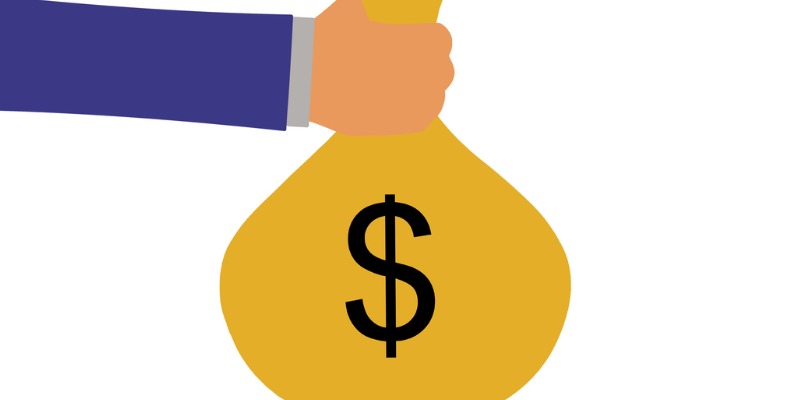Governments should end corporate welfare this budget season

It’s budget season, and many governments across Canada are in the red with deficits planned for this fiscal year and beyond. To rein in spending and move towards budget balance, governments should eliminate wasteful spending. Corporate welfare is a good place to start.
According to a new study, corporate welfare—that is, government subsidies to businesses—between 1960 and 2019 (the last pre-COVID year), were lowest in 1961 at $3.8 billion (inflation-adjusted) and peaked at $38.9 billion in 2019.
However, the actual level of corporate welfare in Canada is much higher because these estimates only reflect unrequited subsidies to businesses while excluding other forms of government support such as loan guarantees, direct investment and regulatory privileges for particular firms and industries.
Of course, taxpayers pay for corporate welfare. Among the provinces, from 2007 to 2019 (again, the last year of pre-COVID data), the cost of corporate welfare—from federal, provincial and local governments—ranged from a high of $30,579 per taxpayer in Quebec to a low of $9,484 in New Brunswick. The largest provinces of Alberta ($19,662 per taxpayer), Ontario ($18,898) and British Columbia ($17,898) were also big spenders. And remember, taxpayer money spent subsidizing specific businesses and industries that governments deem desirable is money unavailable for programs and services for Canadians.
Defenders of corporate welfare point to the supposed economic benefits. But a significant body of research finds little evidence that business subsidies generate widespread economic growth and/or job creation. In fact, corporate welfare may actually hurt the economy.
When governments attempt to pick winning industries or companies by interfering in the free market, they create an environment that distorts private decisions and misallocates resources. This makes the economy less efficient than it would be if those decisions were left to individuals. The better way to generate widespread economic benefit is to let Canadians make their own decisions about where to spend their money and subsequently determine what businesses will succeed. And the better way to help create jobs and economic growth—two things Canada sorely needs—is to reduce business taxes and stimulate investment.
Finally, corporate welfare also wipes out a significant portion of tax revenue governments receive each year. For perspective, Prince Edward Island spent more on corporate welfare from 2007 to 2019 than it collected in business income tax revenues. In other words, the province could have eliminated all provincial business income taxes over the period if it had ended provincial corporate welfare, and still had money left over.
During the same period, Quebec and Manitoba spent roughly the same amount of money on corporate welfare as they collected in business income tax revenues. And provincial business subsidies represented nearly half of all business income tax revenue in Ontario and more than one-third in Alberta.
Corporate welfare comes with significant costs to Canadian taxpayers and government budgets. This budget season, if governments across the country want to reduce spending and stimulate widespread economic growth, they should reduce or eliminate corporate welfare.
Authors:
Subscribe to the Fraser Institute
Get the latest news from the Fraser Institute on the latest research studies, news and events.



